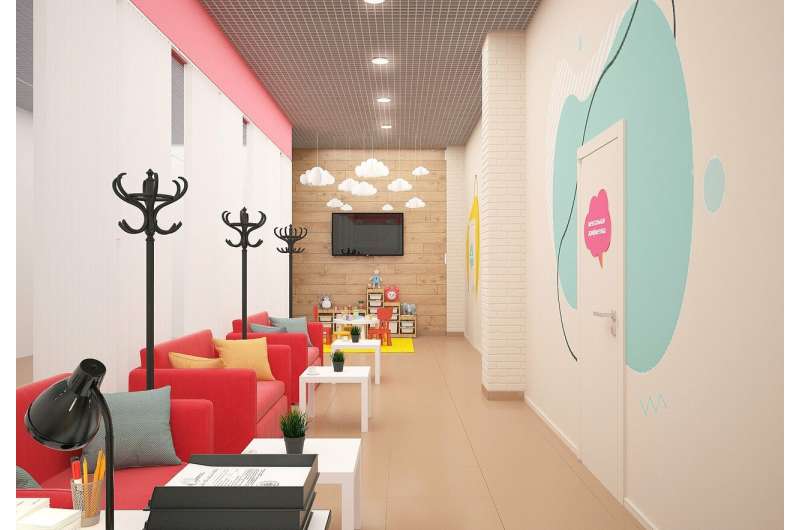This article has been reviewed according to Science X's editorial process and policies. Editors have highlighted the following attributes while ensuring the content's credibility:
fact-checked
peer-reviewed publication
trusted source
proofread
Hospital coffee machines get a clean bill of health

Health care workers will be relieved to know that hospital coffee machines are not responsible for spreading disease and a general ban doesn't seem necessary, finds a study published in the Christmas issue of The BMJ.
In a bid to eliminate hospital-acquired (nosocomial) infections, various objects have been investigated as breeding grounds for bacteria including doctors' ties and even hospital Bibles.
But despite being regularly touched by lots of bare hands, the potential of hospital coffee machines as a source of infection had not previously been explored.
To address this, researchers in Germany assessed the microbial population in health care-associated coffee machines, with a focus on the World Health Organization's high-priority "ESKAPE" pathogens (Enterococcus faecium, Staphylococcus aureus, Klebsiella pneumoniae, Acinetobacter baumannii, Pseudomonas aeruginosa, and Enterobacter species).
These bacteria pose an increasing threat because they are resistant to many antibiotics and can lead to fatal bloodstream or catheter-associated infections.
From 31 October to 31 December 2022 the researchers swabbed a total of 25 coffee makers spanning a range of fully automatic, capsule (such as Nespresso), and espresso machines.
Seventeen were from break rooms and offices at a university hospital's Department of Anesthesiology and Intensive Care Medicine and at the Institute for Medical Microbiology, Immunology, and Hygiene, both in Cologne, Germany. A further eight were in staff members' homes.
All coffee makers had been in use for at least a year, and none was specially cleaned before sampling. There was no current disease outbreak at any of the locations at the time of sampling.
Each of the coffee makers was swabbed at five specified sites on the machine: the drip tray, the outlet, the buttons, the handle of the water tank, and the inside of the water tank.
Species were identified from cultures using spectrometry. Typical pathogens were grouped into "medically relevant" and commensals into "atypical pathogens" and differentiated by Gram type: positive or negative (the latter have an outer membrane, which aids antibiotic resistance).
Unsurprisingly, microbial growth was detected on every coffee machine and hospital machines were about three times as heavily colonized (360 strains isolated from 72 positive swabs) as home machines (135 strains isolated from 34 positive swabs).
Most detected species were commensals (bacteria that live on the skin or in the gut and pose no threat to health). Only a few medically relevant and no antibiotic-resistant pathogens were identified.
Among the eight types of medically relevant Gram-negative species detected, 81% were found in coffee makers at the hospital, mainly collected from drip trays, outlets, and water tank handles, emphasizing the need to follow hand hygiene protocols.
Staphylococcus aureus was the only possibly Gram-positive disease-causing species collected: once on the buttons of a home coffee maker and once on the inside of a water tank at the hospital, suggesting that users' hands touch even unlikely parts of the machines, note the authors.
"To our great relief, despite their potential for pathogen origins in nosocomial outbreaks, a general ban on coffee makers doesn't seem necessary," they write. What's more, the study has reportedly resulted in extensive cleaning measures.
They add, "Our thoughts now turn to tea drinking nations. Are teapots, kettles, and hot water spouts similar breeding grounds for bacteria? Are the high temperatures in the pots sufficient to kill all potential pathogens? And what about the handles?"
More information: Bug in a mug: are hospital coffee machines transmitting pathogens?, The BMJ (2023). DOI: 10.1136/bmj.p2564




















